


In a bold act of protest, demonstrators in the Jaramana neighborhood of Damascus tore down a statue of former Syrian president Hafez al-Assad, father of current president Bashar al-Assad. The incident highlights the ongoing unrest and anti-government sentiment in Syria, as well as the continued impact of the Assad family's rule. Tensions are high as the Syrian rebels continue to make advances towards key cities in their fight against the government.
The Damascus Protests: A Symbol of Ongoing Unrest in Syria
Background:
Syria has been embroiled in a civil war since 2011, which began with peaceful protests against the authoritarian regime of Bashar al-Assad. The conflict has since escalated into a complex and bloody struggle involving multiple factions.
Recent Events:
In a significant act of defiance, demonstrators in the Jaramana neighborhood of Damascus tore down a statue of former president Hafez al-Assad, the father of Bashar al-Assad. The incident occurred during protests by hundreds of people, who also chanted slogans against the government.
The Assad family has ruled Syria for five decades, with Hafez al-Assad serving as president from 1971 to 2000. His son, Bashar al-Assad, has been in power since 2000. The Assad regime has been accused of human rights abuses, corruption, and suppression of dissent.
Significance:
The destruction of the Hafez al-Assad statue is a symbolic act that highlights the ongoing anti-government sentiment in Syria despite the government's efforts to quell dissent. The protests have continued in Damascus and other cities across the country, with demonstrators demanding political change and an end to the Assad regime.
Meanwhile, Syrian rebels continue to make advances against government forces, further destabilizing the country. The conflict has caused a humanitarian crisis, with millions of people displaced and in need of aid.
Top 5 FAQs:
What is the significance of the Hafez al-Assad statue being torn down? It symbolizes the ongoing unrest and anti-government sentiment in Syria, expressing a rejection of the Assad family's rule.
Who was Hafez al-Assad? He was the former president of Syria from 1971 to 2000 and the father of current president Bashar al-Assad.
What is the current situation in Syria? The country is in a state of civil war, with multiple factions fighting for control. The situation is complex and fluid, with the balance of power constantly shifting.
What is the role of the Syrian rebels? The Syrian rebels are a diverse group of armed opposition factions fighting against the government forces loyal to Bashar al-Assad.
What is the international response to the Syrian conflict? The international community has been divided on how to respond to the Syrian conflict. Attempts at negotiations have failed, and sanctions have been imposed on the Assad regime.
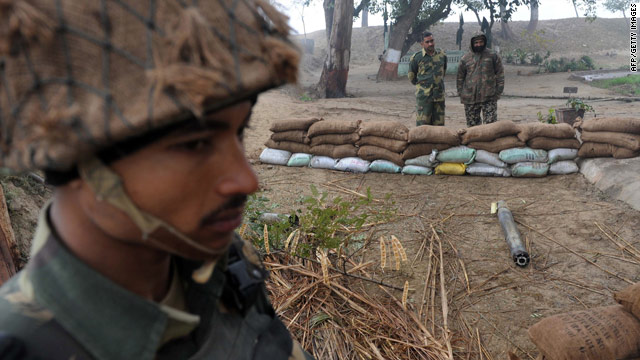
In a latest episode of the ongoing tensions between India and Pakistan, both sides made serious allegations against each other. According to Pakistan, 25 of its drones were shot down by India overnight, while India claims to have neutralized several drones and missiles from Pakistan. The causes of the clash, which resulted in the deaths of 31 people in Pakistan and 16 civilians in India, are disputed by both sides. The region of Kashmir is at the center of this conflict, with both India and Pakistan claiming it in full and experiencing a decades-long insurgency. This border skirmish has escalated tensions even further between the two nuclear-armed neighbors.
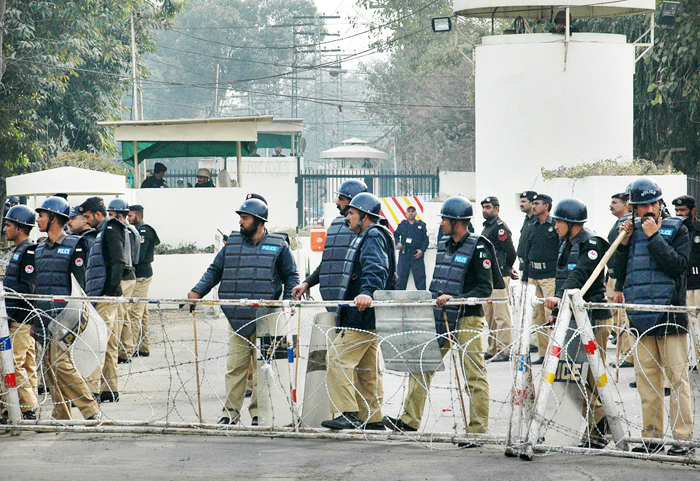
Amid reported drone explosions and downed drones, the US Consulate in Lahore has instructed its personnel to shelter-in-place for safety. Initial reports also suggest that authorities may be evacuating adjacent areas to the Lahore airport. The Consulate has advised American citizens to leave the area while news agency PTI reports that four drones have hit the Lahore cantonment area. In response, Pakistan Army has opened fire and played a siren, causing panic among residents. More updates to follow.
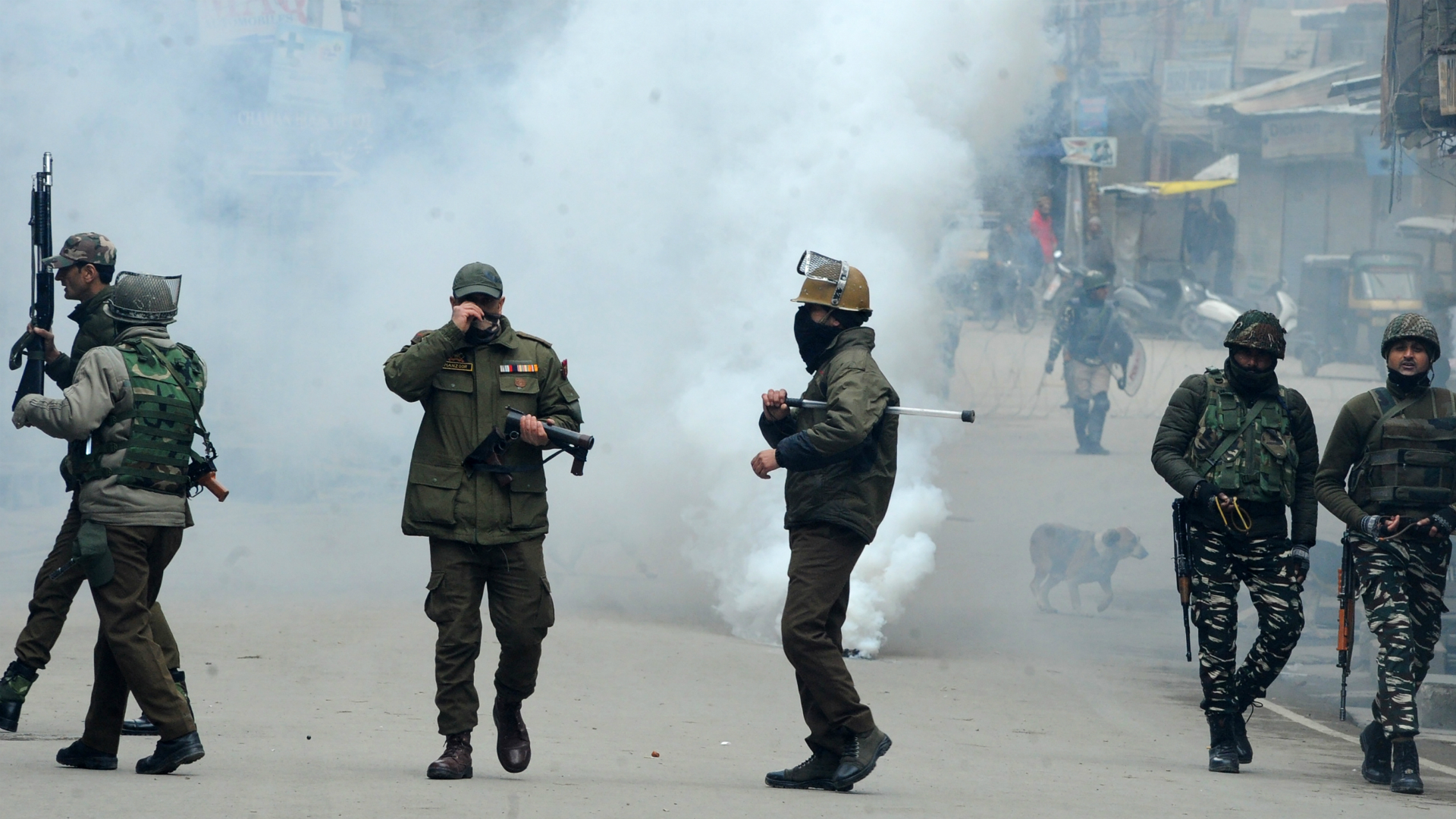
In a major victory for India's armed forces, they successfully targeted and destroyed a critical communication setup of the terror group Jaish-e-Mohammad in Pakistan. The site, located in the Sarjal village, was a vital link for communication between infiltrated terrorists in Jammu and Kashmir and their handlers across the border. The communication equipment, including high-tech LoRA Ultra Sets and Digital Mobile Radios, were supplied by the Pakistani Army and Inter Services Intelligence to bypass traditional networks and evade detection. With this strike, India has disrupted the terrorists' ability to coordinate and plan attacks, enhancing the security of the region.
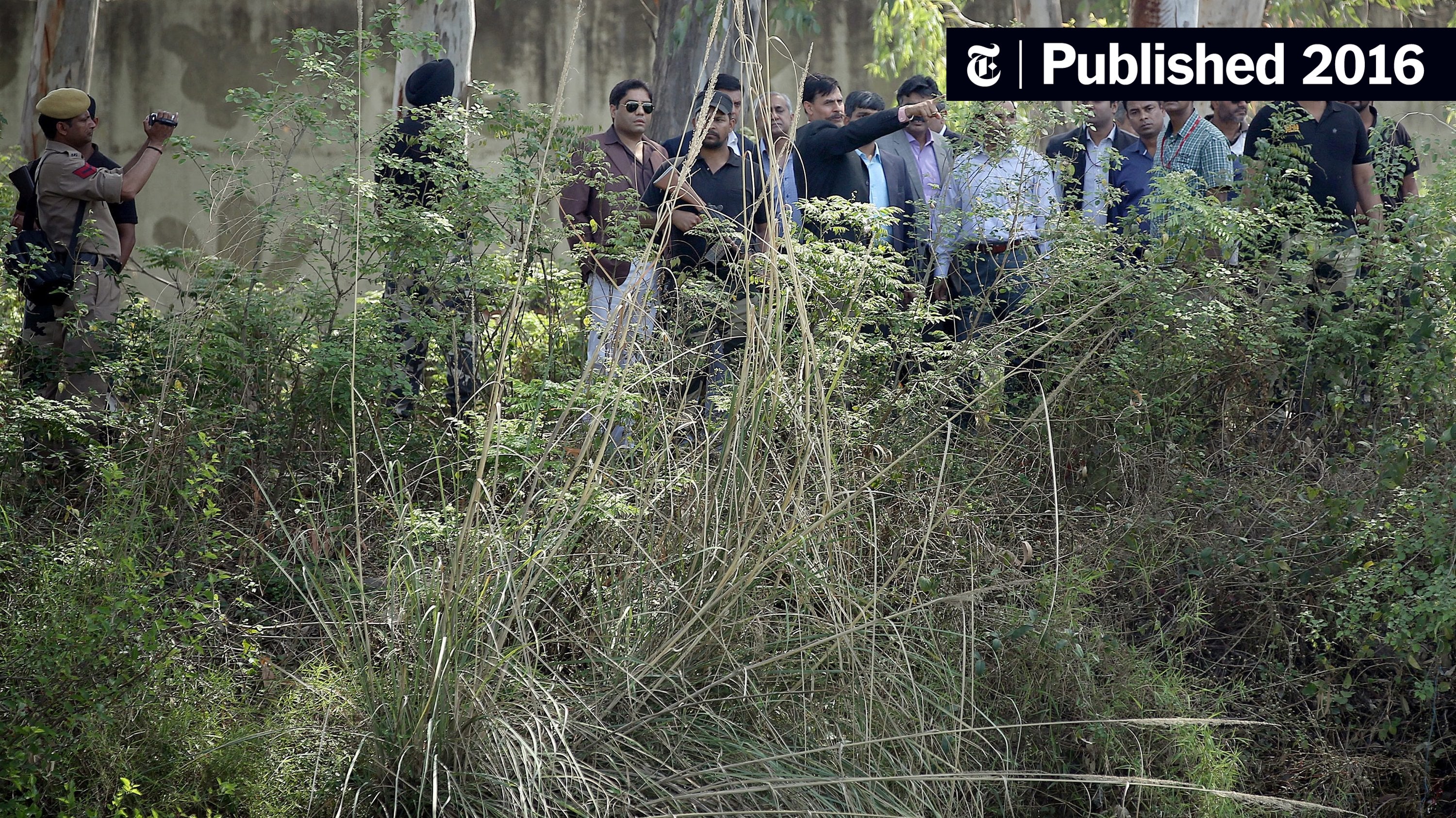
In response to the recent terror attack in Jammu and Kashmir's Pahalgam, the Indian government has taken strict measures to block Pakistani YouTube channels and accounts spreading disinformation and fake news. This includes the Indian YouTube channel '4 PM', which was reporting on the Pahalgam attack, and the X account of Pakistani Defence Minister Khawaja Asif. The move comes after several top news channels in Pakistan were also banned for disseminating provocative and misleading content regarding the attack.
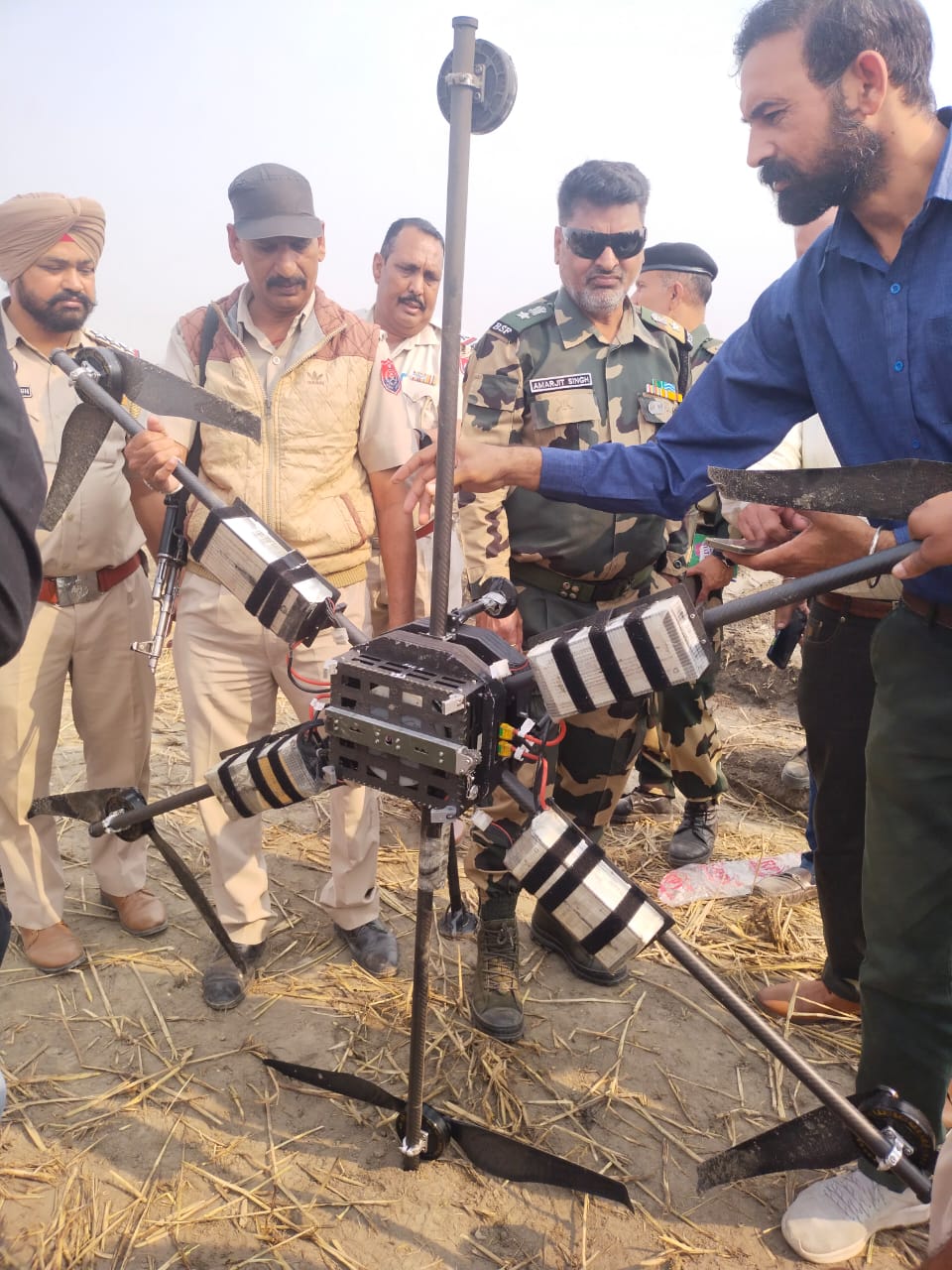
Amid rising tensions between India and Pakistan, Pakistan's Army spokesperson announced at a press conference that they had shot down 12 Indian Harop drones. These loitering munition drones, equipped with advanced technology, are capable of detecting and destroying high-value military targets. Developed by Israel Aerospace Industries, the drones have been imported by India over the past decade, making the situation even more alarming for the two neighbouring countries.
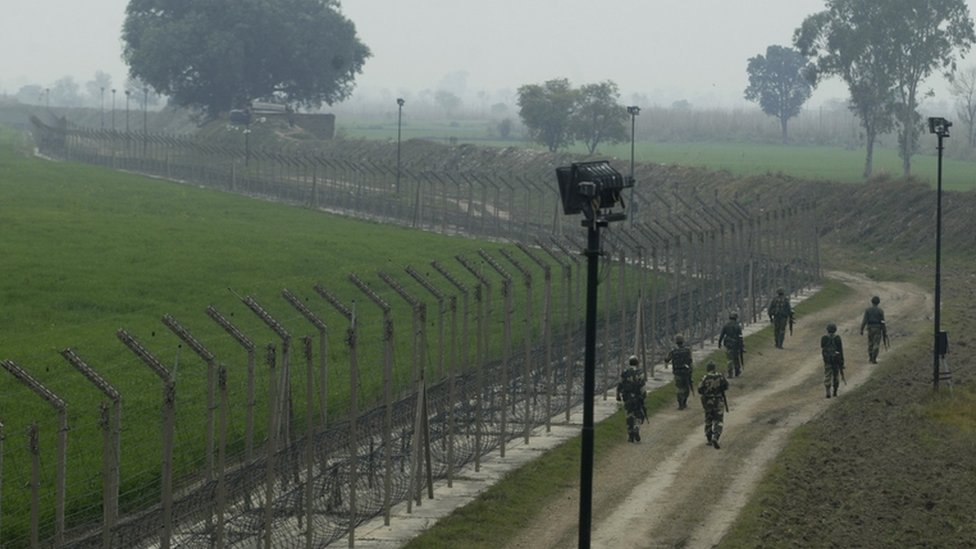
The already tense situation between India and Pakistan has escalated even further following a suspicious drone incident near the border in Gujarat. The police and Air Force are investigating the incident while security remains on high alert. This incident comes after Indian missile strikes on nine terrorist hideouts in Pakistan and POK, resulting in reported deaths. As tensions continue to rise, border residents are being evacuated and the Indian Army is launching a strong counteroffensive.
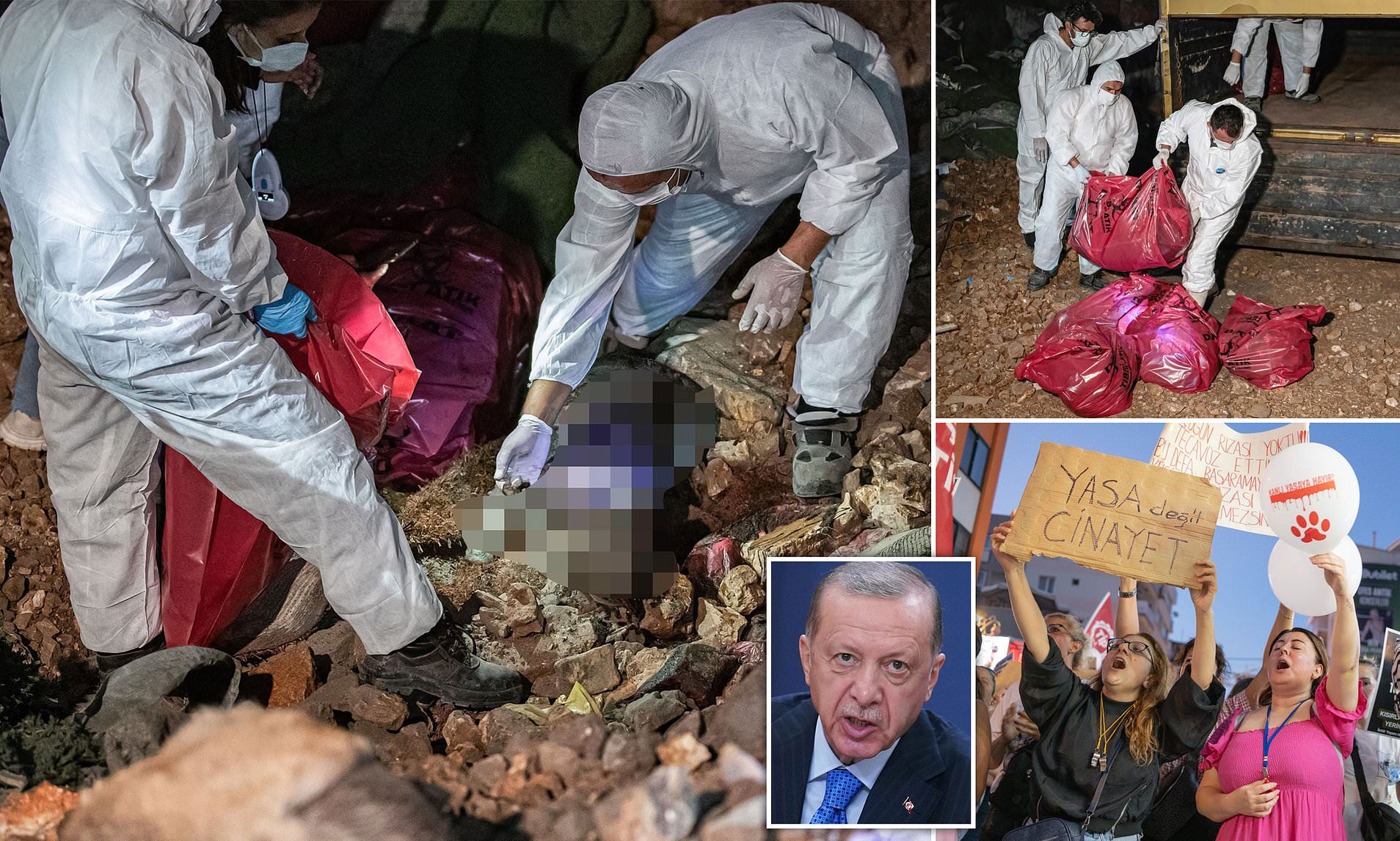
Outrage has erupted online after Azerbaijan and Turkey spoke out against India's strikes on terror camps in Pakistan and PoK. Indian entrepreneurs, financial analysts, and social media users are calling for a boycott of tourism to Baku and Turkey in response. The hashtag 'Boycott Baku' has been trending as Indians urge their fellow citizens to show their power by withholding economic engagement with nations that align with Pakistan.

Residents of Amritsar, a city in India located on the border with Pakistan, are seen calmly enjoying their morning tea despite the ongoing tension between the two countries. Amritsar MP Gurjeet Singh Aujla and former Senior Deputy Mayor Raman Bakshi assert that people of Amritsar are united with the Indian Army in the face of the conflict. However, former MLA Sunil Dutti urges people not to panic and to stick together in these uncertain times.
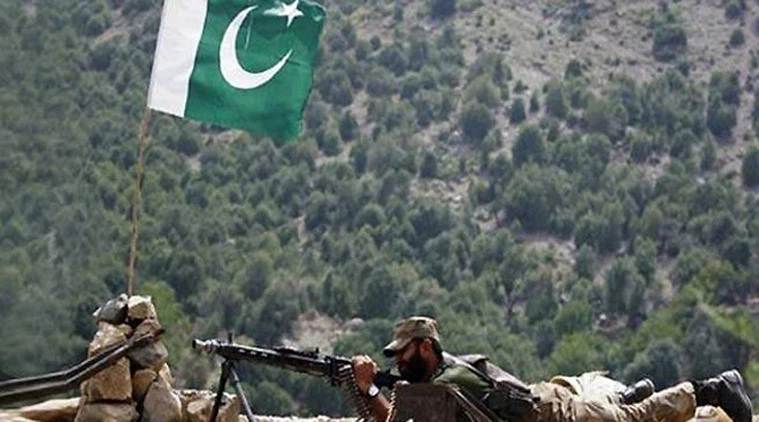
A 25-minute strike, known as Operation Sindoor, was conducted by the Indian military in retaliation to the recent Pahalgam terror attack. Utilizing advanced weapons and drones, multiple terror camps in Pakistan were targeted, showcasing India's enhanced military capabilities. The success of the precise operation was captured as evidence and sent a strong message against terror attacks from the neighboring country. This marks a significant milestone in India's narrative journalism in showcasing their military prowess.

World Red Cross and Red Crescent Day, observed annually on May 8, pays tribute to the dedication of volunteers and staff in promoting the principles of the global movement, founded by Henry Dunant. This day serves as a reminder to uphold human values and spread peace and hope amidst growing inequality, health crises, and global unrest. The theme for this year, "Keeping Humanity Alive", highlights the importance of compassionate and solidarity in responding to natural disasters, conflicts, and health emergencies.